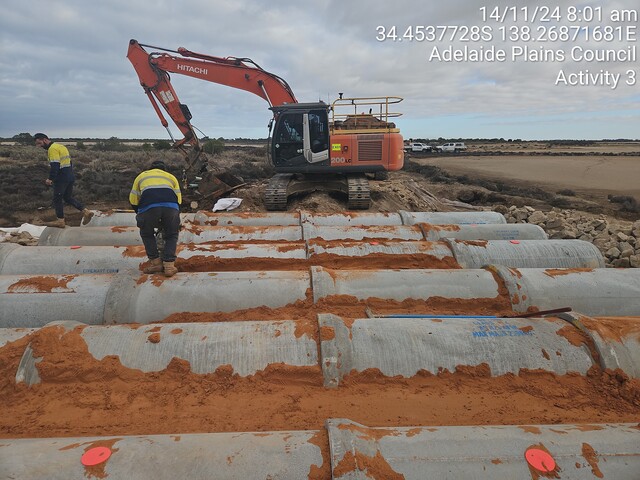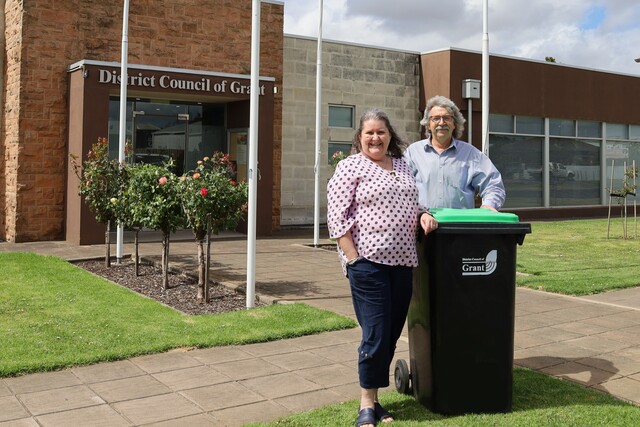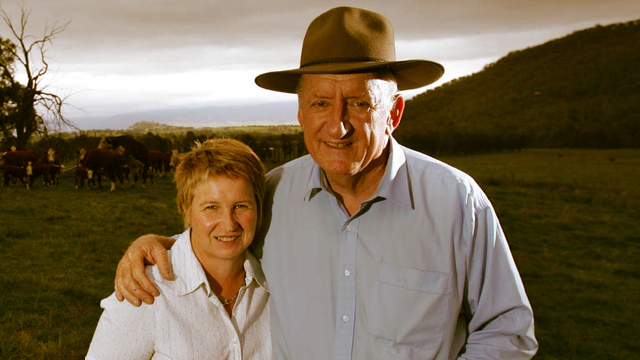The Australian Local Government Association (ALAGA) has agreed to adopt the Sustainable Cities National Action Plan (NAP) as a basis for further developing ALGA’s position on sustainable urban planning policy and climate change.
ALGA President, Councillor Paul Bell, said urban development is shaping up to be an important issue and should be tackled in tandem with climate change.
He has called on the Federal Government to state a clear position and coordinate a national response.
“The buck passing has to stop,” Councillor Bell said. “Matters of urban policy are a concern of all spheres of government and we need to work together to address the issues facing our cities, which include the environment, design, community services and transport.”
National strategies and policies are currently in place for areas such as competition, salinity, regional development, water and transport.
The NAP aims to provide a policy focus for the future sustainable management of Australia’s major urban centres.
It was developed by the Centre for International Economics (CIE) after consultation with all State and Territory Government senior planning officials, peak industry bodies and national associations.
CIE is a private company that undertakes economic analyses for an international range of clients. Its focus is on international events and policies affecting communities.
The NAP ultimately seeks to engage the Australian Government in adopting a collaborative position on a national sustainable urban planning policy.
It comprises seven propositions, which are interdependent and will interrelate at four key levels – governance and direction, policy recommendations, review and funding, and action mechanism.
It states that to be successful, Australia’s cities and towns need to be diverse, vibrant and supportive inclusive communities.
Councillor Bell said urban development needsto reduce its ecological impact and demonstrate best standards in infrastructure and design.
“Urban Australia will need new investment in infrastructure to enhance equity of access and to be globally competitive,” he said.
“Communities will need to be sustainable socially, economically and environmentally.”
The NAP provides for the development of Urban Action Plans (UAP) at the local or regional level, which typically might cover:
- water and stormwater management systems, including capture treatment and reuse opportunities
- bush land conservation, industrial and domestic waste minimisation, protection of urban green zones
- the efficient use of energy and exploration of renewable energy applications
- the development of sustainable transport networks
- nodal transport development and improved transport infrastructure and logistics
- the incorporation of eco-efficiency principles into houses and other building developments.
Projects arising from these UAPs would then be used as examples so that successes can be replicated.
The first UAPs are expected to be accredited during 2008, with performance reviews commencing in 2009.
Councillor Bell said an integrated, whole of government approach is required to achieve the best outcomes.
In a speech to the Victorian ALP State Conference in March, Federal Opposition Leader, Kevin Rudd, reiterated the need to reform the Federation and nominated urban policy as a key policy area.
“The Commonwealth should play a role in our major cities,” he said. “We need to invest in our urban infrastructure, particularly in Melbourne and Sydney, and make our cities more globally competitive, sustainable and liveable for all.”
“We need to put an end to coercive Federalism and move to cooperative Federalism.”
The Oppositon Leader said the Howard Government currently commits $5.5 billion nationally to infrastructure, most of which is spent on building roads in the bush.”
He said that Labor’s Major Cities program will provide funding assistance for urban infrastructure needs.
“Federal Government policy brings a whole lot of new people into cities like Sydney,” he said. “Therefore I believe the Federal Government should also help shoulder some of the infrastructure burden.
“I intend to work with State Governments and where relevant, local authorities who are responsible for Australia’s major cities to develop our priority list.”
The office of the Federal Minister for Local Government, Territories and Roads, Jim Lloyd, was contacted for the Australian Government’s response to the National Action Plan. At the time of going to press nothing had been received.
To date, only ALGA and the ACT Government have endorsed the NAP.
All other States and Territory Governments are still to formally consider the plan and state their position.








